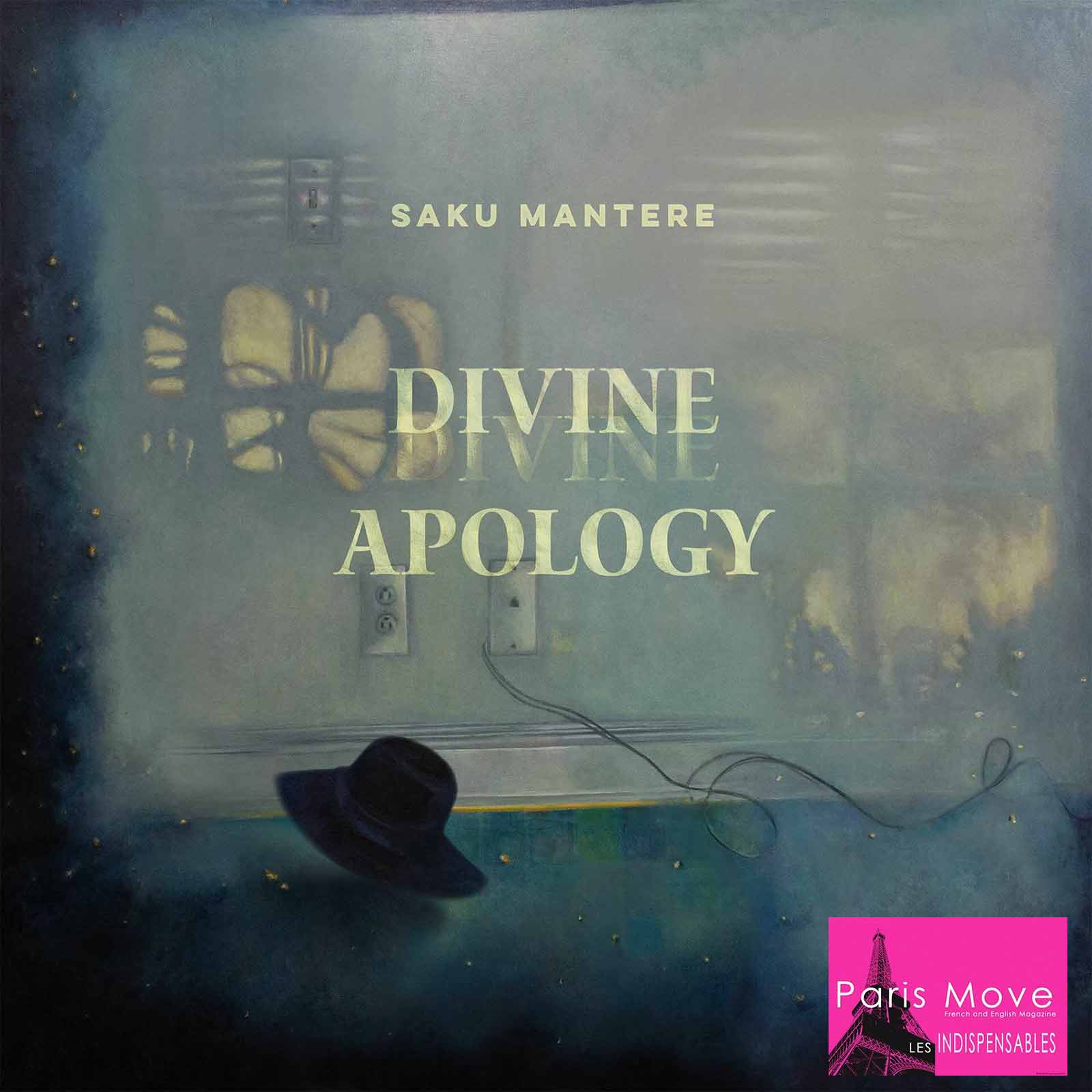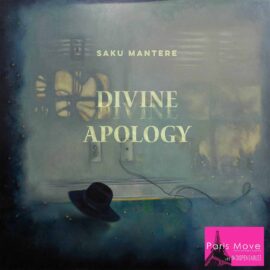| Jazz |

Between Helsinki and Montréal: Saku Mantere and the Radical Sincerity of Jazz
In the quiet between two continents, a Finnish voice finds new resonance in the heart of Canadian jazz, and in doing so, redefines what it means to listen.
The light in Montréal has a particular kind of blue in winter, the sort that seems to hum rather than shine, diffused through frost and silence. In a small studio near Mile End, Saku Mantere stands before a microphone, eyes half-closed, guitar resting against his chest. Around him, a constellation of musicians wait for the downbeat: drummer Jim Doxas, pianist Kate Wyatt, bassist Adrian Vedady, trumpeter Lex French, and alto saxophonist Erik Hove.
When the music begins, there is no fanfare, only presence. The room breathes as one. What follows is not simply a session but a ceremony: the meeting of two worlds, two climates of emotion, two vocabularies of sound.
A Voice Between Worlds
Born in Finland and now based between Helsinki and Montréal, Saku Mantere is a rare kind of musician, one whose art refuses translation because it already speaks in several tongues. His work doesn’t so much blend cultures as allow them to coexist: the spare introspection of the North, the rhythmic openness of North America. The result is something quietly radical, music that feels both ancient and immediate, intimate yet vast.
Surrounding Mantere is an ensemble that reads like a who’s who of modern Canadian jazz. Jim Doxas’s drumming is intuitive and architectural, Kate Wyatt’s piano shimmers with both clarity and restraint, while Adrian Vedady’s bass and Lex French’s trumpet lines trace emotional arcs that seem to breathe between phrases. Erik Hove’s alto saxophone brings introspection, and Bohdanna Novak’s ethereal voice, particularly on “Not Fair”, becomes an instrument in its own right, hovering above the arrangement like a whisper that refuses to fade.
Together, they don’t simply accompany Mantere, they converse, sometimes tenderly, sometimes urgently. Each note feels deliberate, each pause essential.
The Geography of Emotion
The album unfolds like a landscape seen through shifting weather. From the reimagined Finnish lullaby “Lapin Äidin Kehtolaulu” to the delicate confession of “Velvet”, a love song written for Mantere’s future wife, Maryam, whose portrait graces the album cover, these compositions move through emotional terrains as if tracing a map of memory.
Here, lullabies become questions, and love songs double as meditations on time. There’s an honesty in the way Mantere writes, as though every melody were measured in syllables, every chord in breaths. He composes like a novelist choosing words, attentive to rhythm and silence, to how each moment lands on the listener’s heart.
Those expecting traces of his past in progressive rock will not find them here. That vocabulary has been shed, or rather, transformed. What remains is a language forged at the crossroads of jazz and contemporary classical music, a space where discipline meets vulnerability.
Duality as a Form of Truth
Between Helsinki’s quiet rigor and Montréal’s improvisational freedom, Mantere has discovered not contradiction but complementarity. He collaborates in Finland with composer and arranger Jussi Lampela, whose orchestral sensibility lends depth and gravity. In Montréal, he finds fluidity and risk, a city whose jazz scene thrives on experimentation and dialogue.
This duality becomes the architecture of his art. The cold restraint of the Finnish winter meets the warmth of a Canadian jam session. The measured meets the spontaneous. And somewhere in between, sincerity becomes the bridge.
Mantere’s Finnish accent, unmistakable, unpolished, is not something he conceals. It is an emblem of integrity, a reminder that authenticity is not an aesthetic but a moral stance. In a musical landscape that rewards polish and packaging, his refusal to compromise feels almost insurgent. His art tolerates no shortcuts, no softened edges. It is radical precisely because it is sincere.
The Soundtrack of Becoming
By the time the final track fades, one feels less that the story has ended than that it has opened, as though Mantere were sketching the first chapters of a larger evolution. His album doesn’t offer answers; it asks questions. What happens to an artist when he crosses borders, not just of geography, but of identity? Can sincerity survive the machinery of contemporary music? And what, in the end, does it mean to listen deeply, without distraction or irony?
In this sense, Mantere’s work might indeed be the soundtrack to something more than a record, perhaps to the unfolding of a life. As a grizzled doorman once said at the back of a pub, “Your fate is your own, but the soundtrack makes all the difference.”
If so, then this is a soundtrack worth keeping close: an invitation to reflect, to feel, to remember.
Back to the Beginning
And so, we return to that room in Montréal, to the moment before the first note. The musicians inhale, the air shifts, the light turns that familiar northern blue.
We sit down. We listen. We let ourselves be surprised.
Because somewhere between Finland and Canada, between solitude and communion, Saku Mantere reminds us why we fell in love with jazz in the first place, not for its perfection, but for its humanity.
Thierry De Clemensat
Member at Jazz Journalists Association
USA correspondent for Paris-Move and ABS magazine
Editor in chief – Bayou Blue Radio, Bayou Blue News
PARIS-MOVE, November 7th 2025
Follow PARIS-MOVE on X
::::::::::::::::::::::::
Musicians :
Saku Mantere – Vocals
Kate Wyatt – Piano
Adrian Vedady – Bass
Jim Doxas – Drums
Lex French – Trumpet (1-4, 6-8, 10)
Eric Hove – Alto Saxophone (1, 3, 6, 8-10)
Bohdanna Novak – Vocals (5)
Track Listing :
Meditation
Sorrow
Do Not Go Gentle Into That Good Night
Lapin Aidin Kehtolaulu
Not Fair
Velvet
The Last Romantic
Ensin Toinen
Emerald Angel
Marty’s Song

